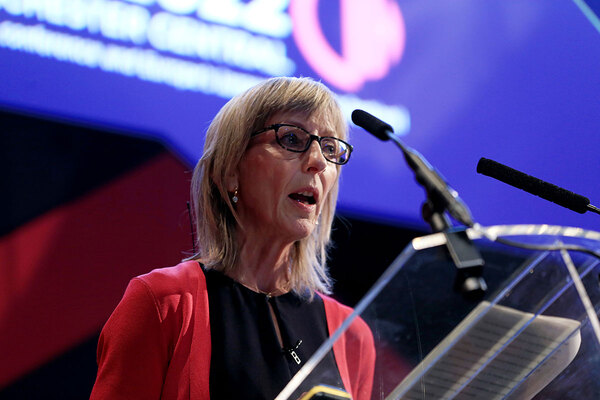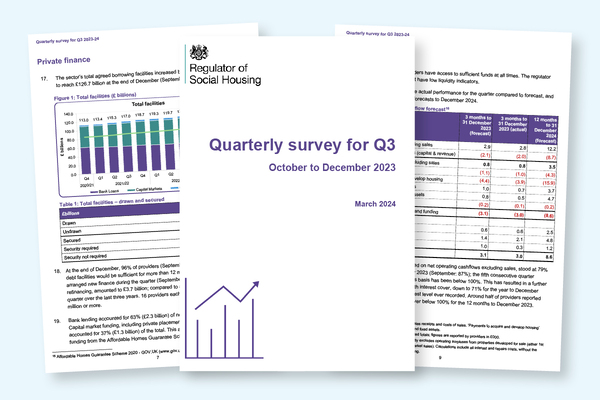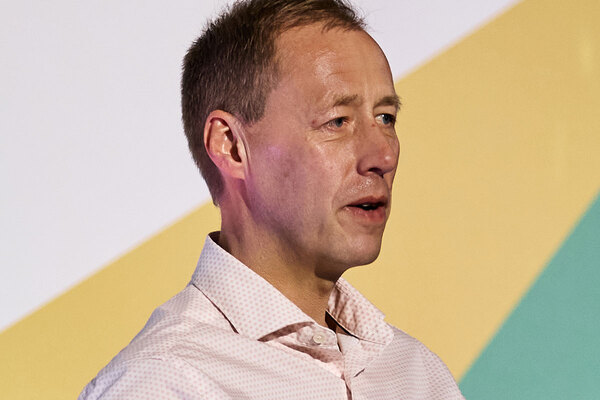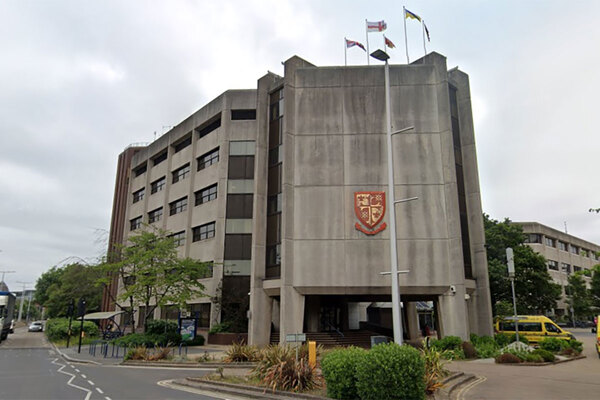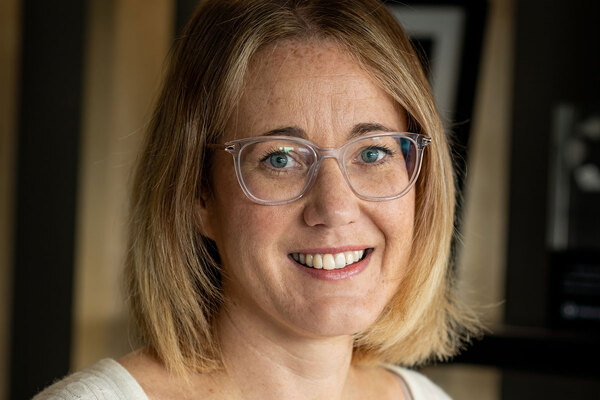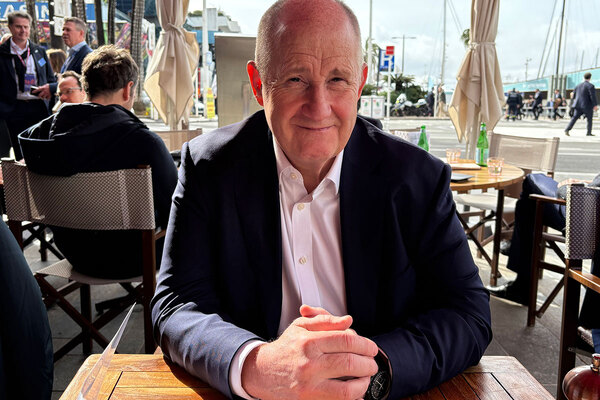Affordable homeownership completions reach record high while repairs spend up 15%
Affordable homeownership (AHO) completions reached a record high in the final quarter of 2023-24, while spend on repairs increased by 15% compared to 2022-23, according to the Regulator of Social Housing (RSH).
Its survey for the final quarter of 2023-24, which involved nearly 200 providers, found that landlords spent £7.9bn on repairs and maintenance over the year as they continue to prioritise damp and mould and building safety.
Affordable homeownership completions reached 5,923, the highest recorded figure since data was first collected in 2011.
The sector also saw the highest level of investment in three years, with new finance of £4.4bn arranged in the quarter.
The survey, which provides an overview of the financial health of housing associations that manage more than 1,000 homes, covers the period from 1 January to 31 March 2024.
Housing associations spent around £14.4bn on the acquisition and development of new homes over the financial year – 10% more than the previous year.
However, they expect to spend £15.2bn in 2024-25, 4% lower than previously forecast.
The RSH said that higher spend on repairs, maintenance and development, along with interest costs, “continue to put pressure on providers’ finances”. Twelve-month rolling interest cover – excluding all sales – stood at 76%, up from 71% in the previous quarter.
Liquidity in the sector remained strong and the sector agreed £4.4bn in new finance in the quarter – the highest for three years.
The sector’s total facilities reached £129.1bn by the end of March 2024.
Spend on existing stock continued to increase and is at record levels. The regulator warned that this will “place pressure on providers’ cash resources and may limit their ability to manage further additional costs”.
Damp and mould “continued to be a priority, along with repairs relating to building safety compliance”. A further £9.1bn is forecast to be spent on repairs and maintenance over the next year.
“In general, we have assurance that PRPs are taking action to manage their position, which for a number of providers includes the deferral of uncommitted development or arrangement of loan covenant waivers,” according to the survey report.
In 2023-24, there were record levels of drawn debt, which increased by £6.2bn, compared to £3.7bn in the year to March 2023.
Cash and undrawn facilities increased from £32.6bn to £34.2bn over the quarter, following a decrease in the previous quarter.
Revenue spend on repairs was £1.2bn, the highest level recorded since data was first collected in June 2022.
The percentage of providers reporting delays or changes to repairs and maintenance during the quarter decreased from 56% in the previous three months to 47%, the lowest level since the first data collection in the first quarter of 2022-23.
However, the RSH said recruitment of specialised trade continues to be an issue for landlords.
Development expenditure over the 12 months reached £14.4bn, a 10% increase on the previous year. Plus, 12-month projected spend has again decreased and is now at the lowest level since March 2020.
Development expenditure forecast to be £15.2bn over the next 12 months, 4% less than forecast in the previous quarter.
Providers invested £3.1bn in new properties in the quarter, the lowest quarterly amount since September 2022.
Alongside the record number of completions, 4,606 affordable homeownership sales were achieved, above the three-year quarterly average of 4,274.
Annual affordable homeownership sales increased to 17,204, up by nearly 700 compared to 2022-23.
Both affordable homeownership and market rate saw an increase in unsold properties – 7,680 and 1,627 respectively.
Market sale properties unsold for over six months increased by 9% to 793, while unsold affordable homeownership properties reduced by 12% to 2,667.
A total of 867 unsold affordable homeownership properties were transferred in the quarter, with over 90% of that figure attributable to two providers.
The regulator said the high number of affordable homeownership properties completed during the quarter has resulted in an increase in unsold units, which are now at the highest level since June 2020.
According to the RSH: “Providers must be prepared to handle any further increases in interest payments and operating costs, particularly if they have previously benefitted from relatively low fixed-price contracts or debt.
“The challenge of balancing stock decency and remediation requirements with the need to invest in decarbonisation measures and the construction of new homes will continue, and providers must be able to identify areas where covenant headroom or liquidity may be restricted and ensure that contingency plans and mitigations remain robust.”
Sign up for our regulation and legal newsletter
Already have an account? Click here to manage your newsletters

